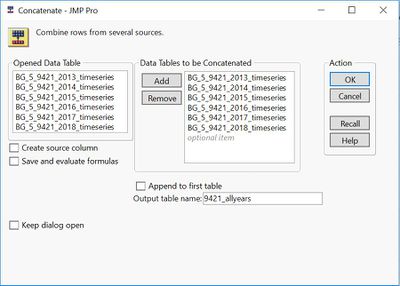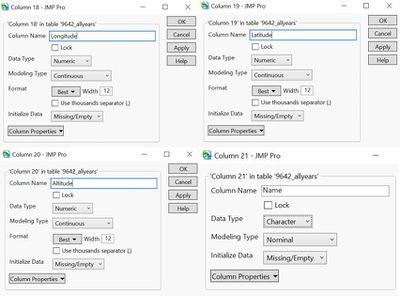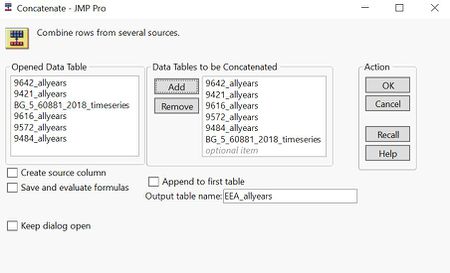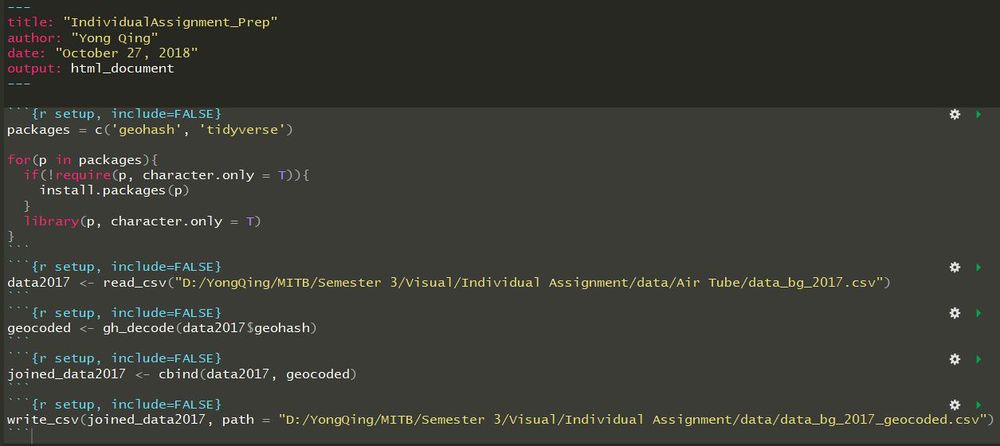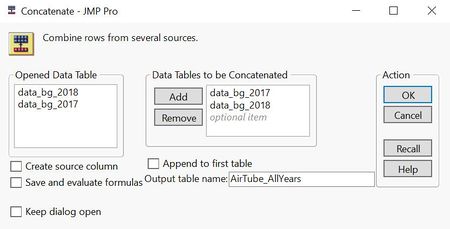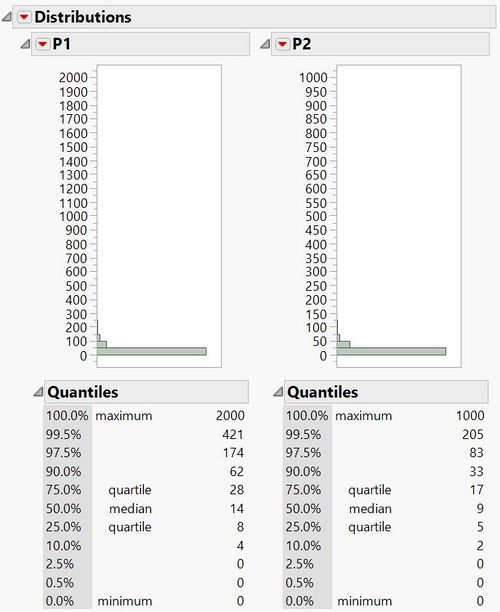Sofia City: Data Preparation
|
|
|
|
|
|
|
Data Preparation
EEA Dataset
The EEA folder comes with 28 files across 6 stations from 2013-2018. It is observed that some of the stations do not have complete records (denoted by x in table below) across the years notably Orlov Most and Mladost. We first consolidate the dataset for each station by concatenating the files from 2013-2018.
The original files do not come with information on geographical location, altitude as well as common names of the station. These information, however, could be found inside the metadata table provided. We were to add these information into the individual air tube files by creating new columns “Longitude”, “Latitude”, “Altitude” and “Name” respectively.
The final working file is created by concatenating dataset from all 6 stations across all years.
Air Tube Dataset
The Air Tube folder contains data from collected from Citizen Science Air Quality stations over the span of Sep 2017 to Aug 2018. The file comes with a column “Geohash” which encodes the geographic location of air stations into a short string of letters and digits.
We extracted the corresponding Longitude and Latitude using the R package Geohash.
By concatenating the files from 2017 and 2018, we were able to compile the final working file containing 3610146 rows.
Using descriptive analysis function in JMP Pro 14.0, we were able to perform exploratory visualization of the dataset. Initial investigation shows that the distribution of P1 and P1 hovers around range of 0-300. Upon closer inspection, we that there are 3262 counts of value 2000 recorded for P1 (PM10) and 3314 counts of value 1000 recorded for P2 (PM2.5). Incidentally, these values coincide at similar period of recording. To preserve the integrity of the dataset, these values will be retained but kept in consideration as outliers in later visualization steps in Tableau.


